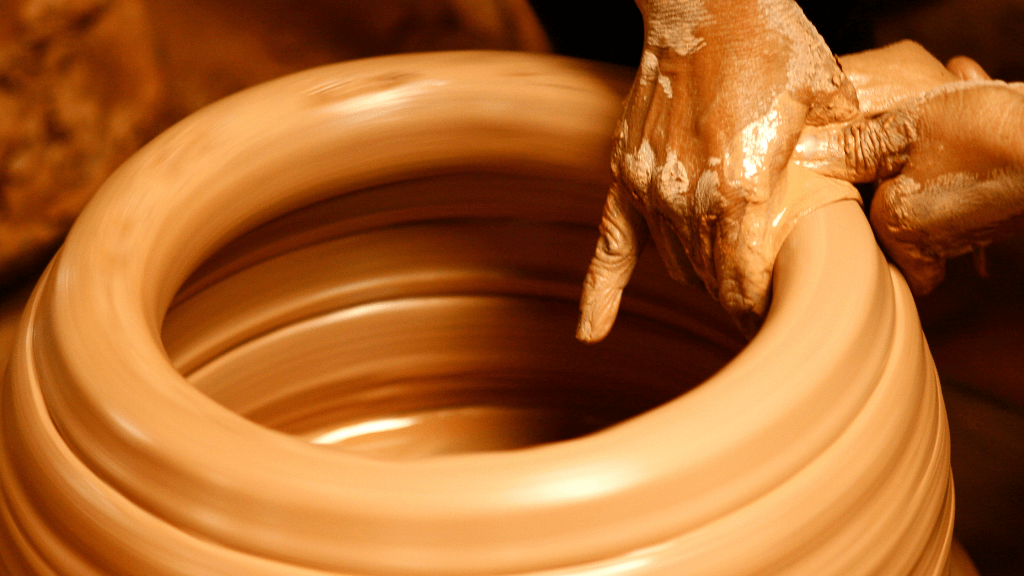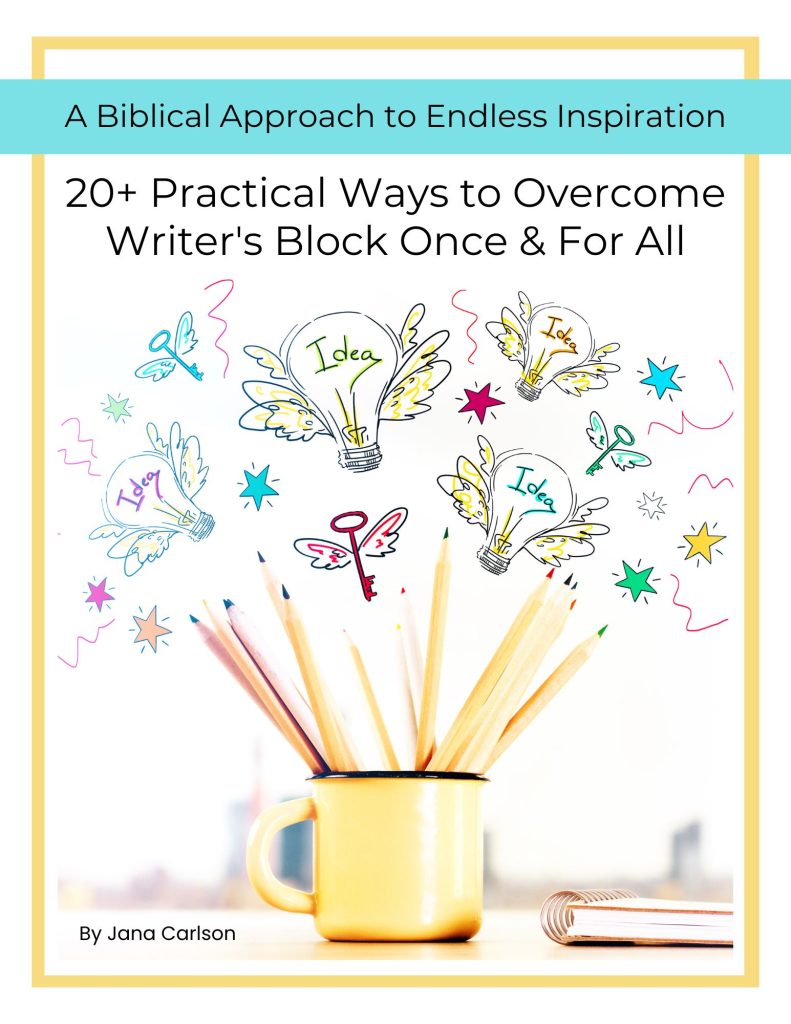The first time a publication accepted a piece I wrote, my elation evaporated the moment I received the suggested revisions from the editor. Red lines crossing out words I’d carefully crafted and labored over felt like darts stabbing my heart. “Will I ever get used to this?” I wondered.
Clicking “send” on the next few pieces I wrote took more courage than it should have, and a twinge of anxiety unsettled my stomach for days afterward. “Help me, Lord. I can’t continue like this,” I prayed. I’m happy to report things changed for me, and they can for you too with a fresh perspective.
Refined by Fire
I no longer dread the editing process. God answered my prayer with Psalm 12:6—”The words of the Lord are pure words, like silver tried in a furnace of earth, purified seven times” (NKJV).
God’s Word is compared to pure silver. To make silver pure, refining is required to remove any impurities. Silver that has been refined seven times is purified to perfection. Likewise, God’s Word is so pure that it’s absolutely perfect—not a single jot or tittle is out of place.
My words are far from perfect. Even when I finish a draft, I’m under no illusion of having achieved perfection. But I do want my words to glorify God. So, as with silver, refining is necessary. The more I refine my words, the purer they get.
It’s like the process of sanctification. Peter describes it this way: “In this you rejoice, though now for a little while, if necessary, you have been grieved by various trials, so that the tested genuineness of your faith—more precious than gold that perishes though it is tested by fire—may be found to result in praise and glory and honor at the revelation of Jesus Christ” (1 Peter 1:6–7).
God’s method of making us more like Jesus (so we reflect Him to the world in which we live) is to test our faith through trials. It’s often a painful process, yet the value and beauty of its result are undeniable—like gold refined by fire.
As the furnace purifies silver, and fire refines gold, so editing “sanctifies” our words.
From Mud to Market
Andrew Peterson describes his brother as a “formidable editor” who actually “delights in revision” and likens writing to creating something out of clay.
“It takes work to harvest clay. You have to go to a stream and grab a bucket of mud, mix it with water, sift out the rougher sediment, pour off the water, allow the moisture to seep through a cloth for days. That’s your first draft. After that you get to flop the clay onto the pottery wheel and turn it into something better than mud, hopefully something both useful and beautiful. That’s revision. Whether you’re writing a song or a story, you have to shape it and reshape it, scrap it and start over, always working it as close as it can get to the thing it wants to become.” [1]
My city holds an annual spring market where skilled artists and crafters display their creations and shoppers select a one-of-a-kind treasure to bring home. This market is famous for its pottery, and a dear friend of mine has made a tradition of buying a new piece for her pottery collection here every year. Her collection is expansive and gorgeous. Every piece is a useful, beautiful, refined work of art—not a rough lump of clay.
No one would buy a chunk of mud! Left as is, it has no value. But it does have potential—just like our rough drafts. The pile of unrefined words that is our first draft has the potential to be something useful, beautiful, even inspiring. Yet it must first endure shaping and reshaping to smooth the gritty edges.
Embrace the Editing Process
As writers, we hope to craft beautiful prose and produce a written work that’s valuable in some way. The idea that sparks our first draft convinces us we have the makings of a treasure. However, as with silver, gold, and pottery, beautiful, valuable, desirable treasures are not borne simply of inspiration, but are carefully crafted through the heat of the refining process.
What once was a terrifying necessity of my work as a writer has become something I relish. After my first draft has endured the refining furnace of the editing process, the treasure that’s hiding beneath the messy lump of clay or tarnished piece of metal emerges smooth, glossy, and exquisite. It leaves me grateful for the pain and heat.
To paraphrase Peter, we rejoice in this, dear writer—though now for a little while, if necessary, we’re grieved by the painful process of editing. The refinement of our words may result in a treasure that’s pure and glorifies the God who created us to write. Let us embrace the sanctification of our words!
[1] Peterson, A. (2019). Chapter 8: The Black Box. In Adorning the Dark (pp. 78–79), B&H Publishing Group.


